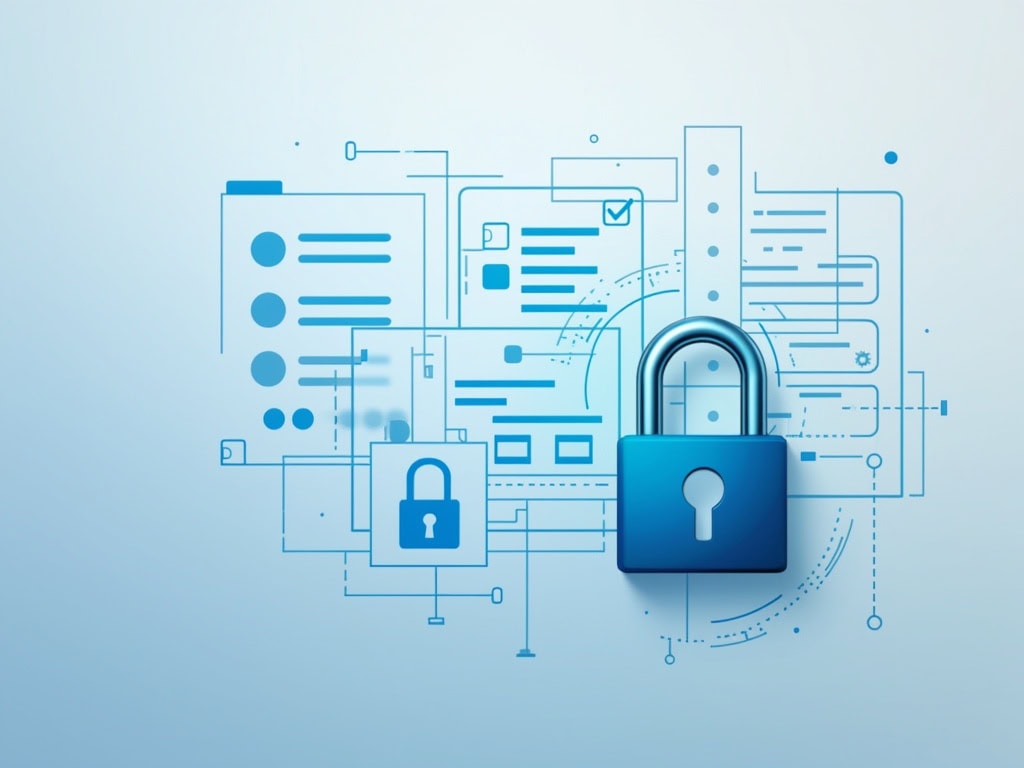Ascension Reports Major Data Breach: Protecting Patient Information in Healthcare

Healthcare Giant Ascension Reports Major Data Breach Affecting 437,000 Patients
Ascension, one of America's largest healthcare providers operating 105 hospitals nationwide, has disclosed a significant data breach compromising sensitive information of over 437,000 patients. The breach, discovered on December 5, 2024, occurred through a vulnerability in third-party software used by a former business partner. Organizations must implement robust data breach prevention strategies to avoid similar incidents.
Impact and Significance
This incident represents one of the largest healthcare data breaches of 2025, exposing sensitive medical and personal information of hundreds of thousands of Americans. The breach highlights ongoing cybersecurity challenges facing healthcare institutions and their third-party vendors, emphasizing the need to establish comprehensive data protection protocols.
Compromised Information Details
The compromised information includes:
- Personal identifiers (names, addresses, phone numbers, email addresses)
- Sensitive data (Social Security numbers, birth dates)
- Demographic information (race, gender)
- Detailed medical records including:
- Physician names
- Medical record numbers
- Insurance information
- Admission/discharge dates
- Diagnosis and billing codes
Expert Analysis
Cybersecurity experts emphasize the healthcare sector's particular vulnerability to such attacks. "Unfortunately targeting healthcare is not uncharacteristic — the industry has long been a prime target for threat actors due to the sector's critical operations and high susceptibility to disruption," says Ngoc Bui, Cybersecurity Expert at Menlo Security.
Attack Pattern Investigation
Security analysts suggest possible links between this incident and the broader Cl0p ransomware group attacks, which previously targeted organizations including Hertz and Western Alliance Bank through Cleo's file transfer platform. Healthcare organizations should implement essential data security measures to protect against sophisticated cyber threats.
Security Recommendations
Stephen Kowski, Field CTO at Pleasanton, emphasizes the need for enhanced security measures: "Modern security solutions that detect and block sophisticated phishing and social engineering attempts in real time are essential for protecting sensitive healthcare operations."
According to the U.S. Department of Health & Human Services, healthcare organizations must implement strict security protocols to protect patient data.
Protective Measures for Patients
- Monitor medical statements and insurance claims for suspicious activity
- Regularly review credit reports for unauthorized accounts
- Consider placing a credit freeze if personal information was compromised
Future Implications
The incident serves as a crucial reminder of the importance of robust cybersecurity measures in healthcare. As Vice President CISO Advisory at ColorTokens, Agnidipta Sarkar, notes, "What Ascension Health experienced should be a warning to all hospitals and should help the leadership to identify investments to protect from supply chain attacks."

